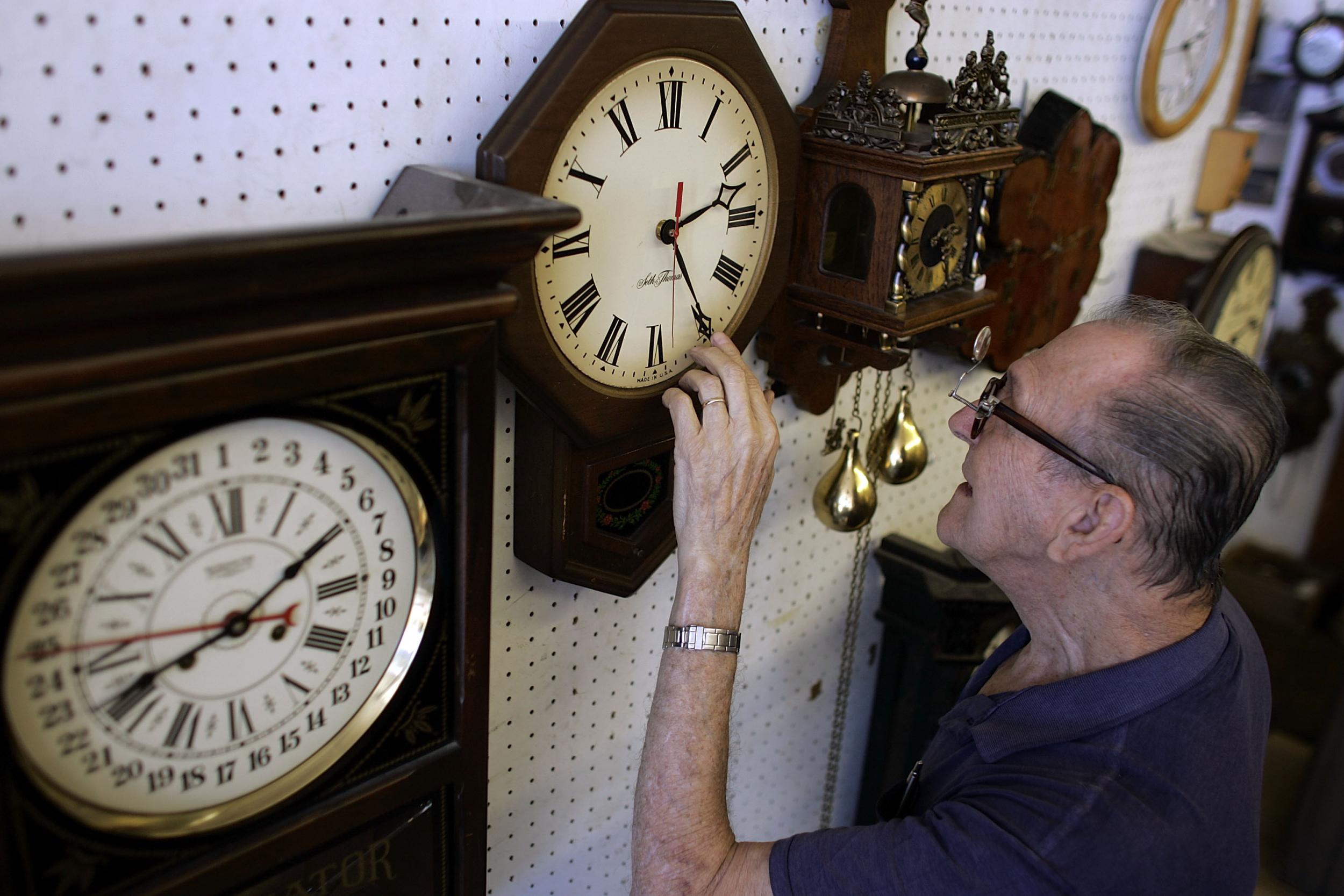Will you be able to afford to retire? Many think they won't
Rising costs and debt have left many with no means of putting away money for their future

Your support helps us to tell the story
From reproductive rights to climate change to Big Tech, The Independent is on the ground when the story is developing. Whether it's investigating the financials of Elon Musk's pro-Trump PAC or producing our latest documentary, 'The A Word', which shines a light on the American women fighting for reproductive rights, we know how important it is to parse out the facts from the messaging.
At such a critical moment in US history, we need reporters on the ground. Your donation allows us to keep sending journalists to speak to both sides of the story.
The Independent is trusted by Americans across the entire political spectrum. And unlike many other quality news outlets, we choose not to lock Americans out of our reporting and analysis with paywalls. We believe quality journalism should be available to everyone, paid for by those who can afford it.
Your support makes all the difference.Almost half of us worry that we won’t have enough money when we retire because we can’t afford to save any, according to a report published today by the Joseph Rowntree Foundation.
It warns that struggles with day-to-day cost such as rent, childcare and household bills means that saving for the future is out of reach for many. Job insecurity and a lack of flexible roles are making it difficult for people to pay for retirement by working for longer. Many people in low-paid jobs, in particular, are concerned they will be less capable of doing manual work as they grow older, and aren’t confident that their employer will offer retraining or more suitable work.
Julia Unwin, chief executive of the Joseph Rowntree Foundation, said: “Older workers are trapped between a rock and a hard place. The high cost of bills means that many are unable to save more for retirement, while a lack of opportunity to gain new skills or progress at work is making it difficult to work for longer.“ She warned that without action there is a risk that poverty among older people, which has been falling steadily over the last decade, will rise.
The JRF called for action to simplify pensions after its research showed that many people find some parts of their pension, such as tax relief, difficult to understand. It also wants employers to make sure that, where possible, they offer flexible jobs and training opportunities to fit around caring responsibilities and help people to stay in work longer. Government, businesses and regulators should keep bills as low as possible and make sure that markets work for all consumers while there should be a greater supply of new homes to rent or buy to help bring down the cost of housing.
Nigel Keohane, research director of the Social Market Foundation, and co-author of the report said: “With the Government set to report the outcomes of its review into pension tax relief in the March Budget, this research shows just how varied the challenges of funding old age are for people of different generations and income. But, there are helpful steps the Government could take that the public would support, whether this is giving a larger chunk of pension tax relief to those on lower incomes or introducing methods to automatically increase pension contributions as workers earn more.”
Join our commenting forum
Join thought-provoking conversations, follow other Independent readers and see their replies
Comments